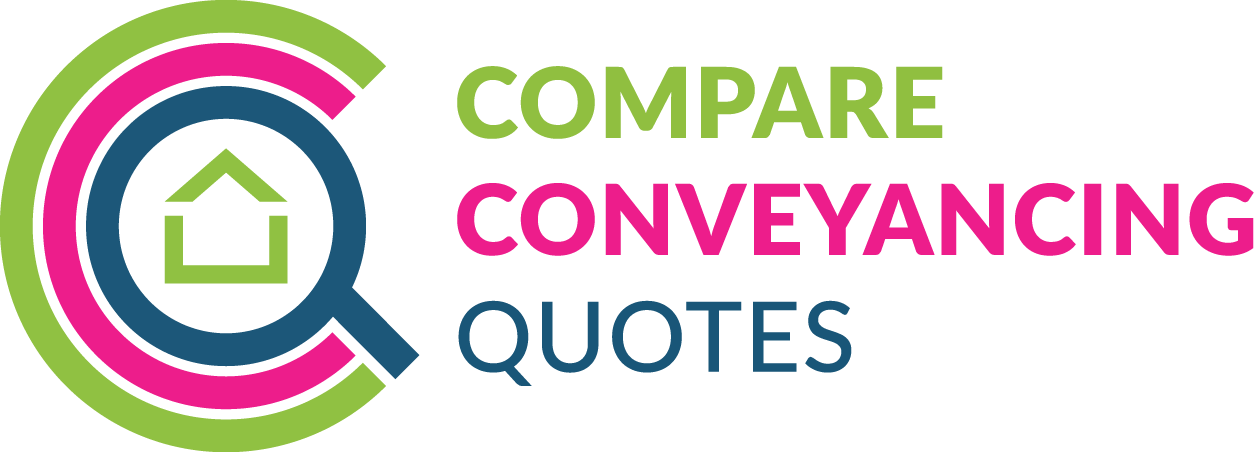Renting or Buying - What Is Right for Me?
Renting or buying – it’s an all-too-common question. Choosing to buy an apartment or house is a major financial decision, so it couldn’t be more important to get your choice right. Here, you’ll find out more about whether you’d be better off buying or renting a property.
What Are the Benefits of Buying?
When weighing up the advantages and disadvantages of purchasing a home, you need to consider the following:
- After paying off the mortgage, you’ll never need to worry again about having to pay for your home – it will belong to you.
- If your property goes up in value, it’s possible to use the equity to purchase a larger property or put it towards an even more comfortable retirement.
- You’ll be able to improve the property and increase its value with no need to ask your landlord first.
- In some cases, it’s actually cheaper to purchase than to rent.
What Are the Disadvantages of Buying?
Although there are several positives, there are some downsides to consider when it comes to buying a home, including:
- It’s a major commitment, so you’ll have to be certain you’re able to afford the ongoing financial responsibility.
- If interest rates go up, so will your repayments, so you’ll need to be prepared for such an eventuality.
- It isn’t always easy to sell a property.
- You’ll need to pay all your maintenance costs, so you’ll have to be sure you can afford to pay them.
- Stretching your budget too far when buying could leave you without any extra leftover to enjoy your life.
- If you live with a partner and then separate, you’ll need to decide what happens to the property, which can be expensive and complicated.
- If the property’s value goes down, you may find you can’t sell if your home is worth less than the amount you owe to the mortgage lender.
- You’ll have far less flexibility. Selling and moving are a lot more costly since you’ll need to pay legal fees and estate agency bills.
- If you purchase a leasehold property, you may have to pay more in-service charges on top of your mortgage.
Affording a Home
If you’re keen to buy a home, you’ll first need to determine whether or not you’re able to afford it. Remember there are lots of things to pay for, including:
- A deposit
- /The cost of surveys
- Stamp Duty
- Legal costs
- Removal costs
- Monthly bills
Obviously, all of these costs mount up. While there are still some costs to pay associated with renting, including paying a deposit, removal costs and, in some cases, utility bills, they are generally far lower than the costs associated with purchasing a home.
Getting Government Help
If you’re keen to buy but don’t think you can afford to put down a deposit, you may be surprised to learn that the government has put several housing schemes in place to offer assistance. First time buyers, key workers and people on low incomes can often benefit from these schemes if they’re ready to commit to making a purchase.
If you are ready to purchase your next home, we can give you a free conveyancing quote in under a minute, saving you time and money.

